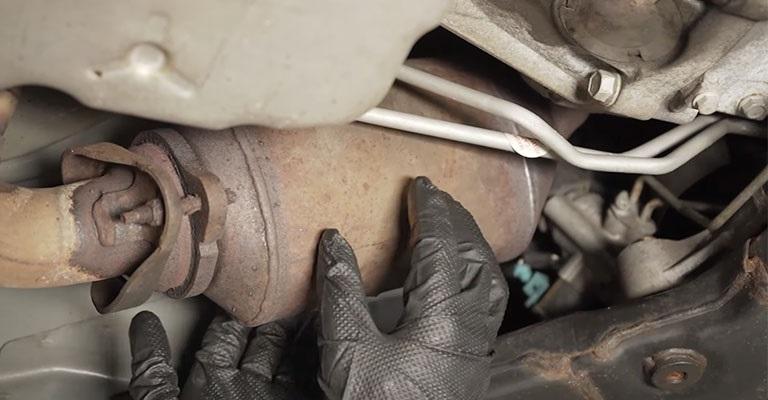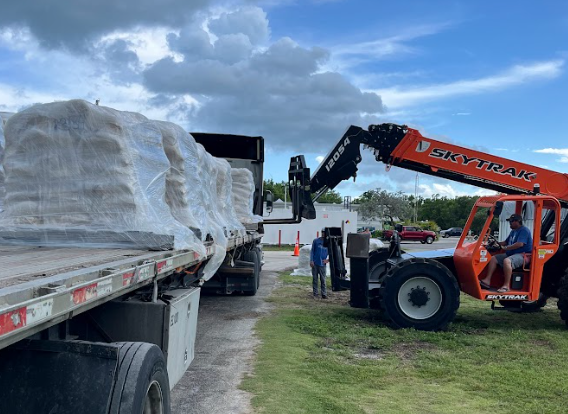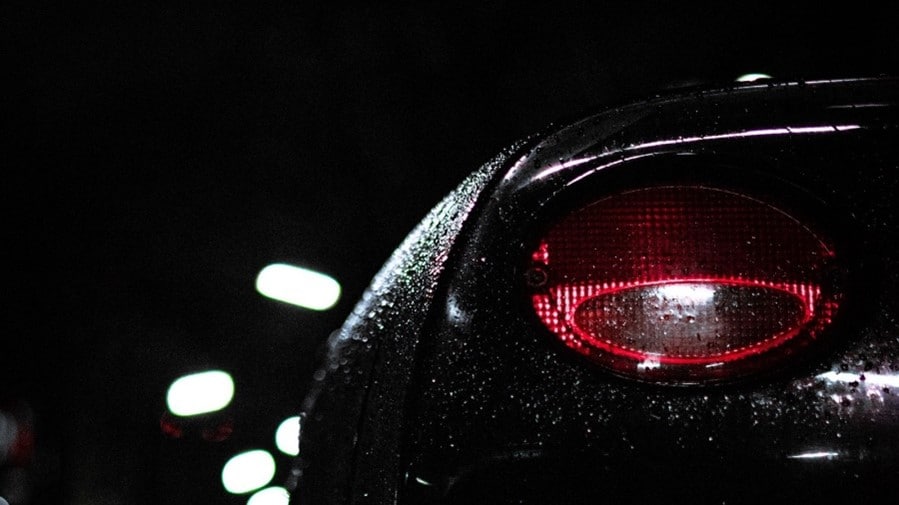Honda vehicles are known for their reliability and performance, but like any mechanical system, they can encounter issues over time. One common concern that Honda owners may face is related to the Catalytic Converter, often signaled by Diagnostic Trouble Codes (DTCs). In this article, we will explore Honda DTC problems, understand their implications, and discuss possible solutions to address these issues effectively.
Understanding Catalytic Converter DTCs:
1. Definition of DTCs:
Diagnostic Trouble Codes, or DTCs, are alphanumeric codes generated by a vehicle’s onboard diagnostics system. These codes indicate specific issues within different components of the vehicle.
2. Common Honda Catalytic Converter DTCs:
Honda vehicles may display various Catalytic Converter-related DTCs, such as P0420 (Catalyst System Efficiency Below Threshold) and P0430 (Catalyst System Efficiency Below Threshold – Bank 2). These codes typically suggest an issue with the efficiency of the catalytic converter in cleaning and reducing emissions.
Identifying Symptoms:
1. Illuminated Check Engine Light:
A common symptom of Catalytic Converter DTCs is the illumination of the vehicle’s Check Engine Light. This serves as an early warning system for potential issues.
2. Decreased Performance and Fuel Efficiency:
Catalytic Converter problems may lead to decreased engine performance and fuel efficiency. This could manifest as sluggish acceleration and reduced miles per gallon.
Possible Causes:
1. Catalytic Converter Aging:
Over time, the catalytic converter can wear out due to extended use. This can result in reduced efficiency and trigger DTCs.
2. Oxygen Sensor Malfunction:
Faulty oxygen sensors may misinterpret the air-fuel mixture, leading to incorrect feedback to the engine control module and potential Catalytic Converter issues.
3. Exhaust Leaks:
Leaks in the exhaust system can contribute to honda dtc problems by allowing unburned fuel to reach the catalytic converter, affecting its performance.
Solutions to Honda Catalytic Converter DTCs:
1. Inspect and Replace Oxygen Sensors:
Regularly check and replace malfunctioning oxygen sensors to ensure accurate readings and prevent Catalytic Converter issues.
2. Address Exhaust System Leaks:
Locate and repair any leaks in the exhaust system promptly. This will prevent the entry of unwanted gases into the catalytic converter.
3. Catalytic Converter Replacement:
In cases of severe degradation or damage, replacing the catalytic converter may be necessary. Ensure the replacement part meets Honda’s specifications for optimal performance.
4. Perform Regular Maintenance:
Follow the manufacturer’s recommended maintenance schedule to keep the entire exhaust system in good condition.
Honda Catalytic Converter DTC problems can be effectively addressed through proper diagnosis and timely intervention. Regular maintenance, prompt identification of symptoms, and addressing underlying causes are key to maintaining a Honda vehicle’s performance and efficiency. By understanding the common DTCs and their potential solutions, Honda owners can ensure their vehicles continue to run smoothly for years to come.





